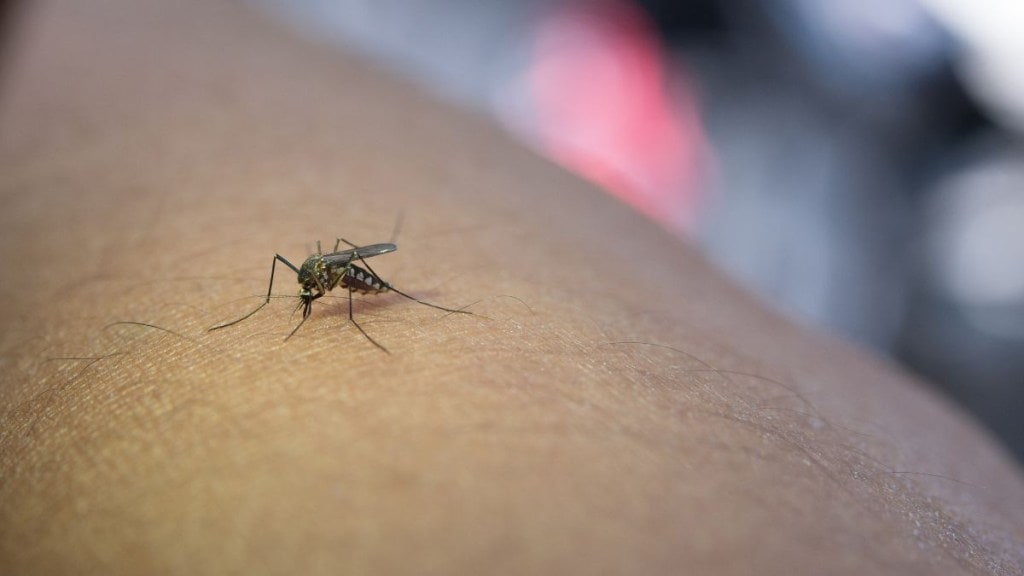The World Health Organization (WHO) has sounded an urgent alarm over a fresh surge in chikungunya, a mosquito-borne virus that’s resurfacing with global implications. New outbreaks, primarily emerging from the Indian Ocean region, are now spreading to parts of Europe, Southeast Asia, and Africa, raising concerns about a repeat of the large-scale epidemic that occurred two decades ago.
An estimated 5.6 billion people across 119 countries currently live in areas at risk of chikungunya, said Dr. Diana Rojas Alvarez, medical officer at WHO, during a press briefing in Geneva. “We are seeing history repeat itself,” she warned, referring to the 2004–2005 epidemic that affected nearly half a million people.
The current wave began in early 2025, with significant outbreaks reported in Indian Ocean territories like La Reunion, Mayotte, and Mauritius. One-third of La Reunion’s population has already been infected. The virus has since spread to Madagascar, Somalia, Kenya, and parts of Southeast Asia, including India. Alarming signs of local transmission have also been reported in Europe, particularly in southern France and Italy.
Since May 1, France has recorded 800 imported chikungunya cases, with 12 cases resulting from local transmission, which means that the virus was spread by mosquitoes already present in the region, not travellers returning from endemic areas.
What are the symptoms of chikungunya?
Chikungunya typically causes:
- Sudden high fever
- Severe joint pain, especially in hands, wrists, and knees
- Headache
- Fatigue
- Muscle pain
- Skin rash
While the fever may subside within a few days, the joint pain can persist for weeks or even months, leading to long-term disability in some patients.
Who is most at risk?
- Elderly people
- Pregnant women
- Infants
- People with pre-existing joint conditions or weakened immune systems
These groups are more vulnerable to severe symptoms and complications.
How to protect yourself
There is currently no specific treatment or vaccine for chikungunya. The virus is primarily spread by Aedes mosquitoes, especially the Aedes albopictus or “tiger mosquito,” which also transmits dengue and Zika.
Prevention is the only way to keep yourself safe from these mosquito-borne diseases.
- Use insect repellents during the day
- Wear long-sleeved clothing and trousers
- Sleep under mosquito nets
- Eliminate standing water in and around your home to prevent mosquito breeding
With rising global temperatures and increased travel, the WHO stressed that chikungunya could become more frequent and that urgent, coordinated efforts are needed to prevent another global crisis.








